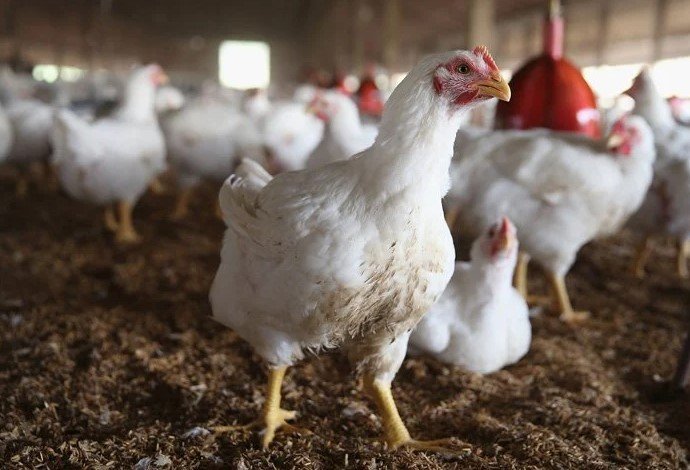A second strain of bird flu in dairy cows. A new H5N9 variant in California. The evolving crisis has put health officials on edge as the virus mutates in ways that could make human transmission easier. Yet, just as the risks grow, the federal government has restricted access to crucial public health information.
South Carolina finds itself caught in the web of this mounting health crisis. The recent destruction of 490 game birds in Spartanburg County underscores how close the virus has come to disrupting the state’s poultry industry. While officials have moved swiftly to contain outbreaks, experts warn that reactive measures are not enough. A fundamental shift in food production may be necessary to reduce the risk at its source.
The Risks of Industrial Livestock Farming
For years, public health researchers have warned that large-scale animal agriculture acts as a breeding ground for dangerous viruses. When thousands of animals are packed into confined spaces, diseases spread faster and mutate more easily.

One study published in Frontiers in Microbiology highlights that past influenza strains—including H1N1, H5N1, and N7N9—emerged from similar conditions. The risk isn’t just to birds. With bird flu now found in dairy cows, the potential for transmission to humans is growing.
A few key concerns with intensive animal farming include:
- High-density populations of animals accelerating viral mutations
- Increased antibiotic use, leading to drug-resistant bacteria
- Close human-animal contact, raising the risk of zoonotic spillover
Experts argue that scaling back industrial livestock operations is the only long-term solution.
South Carolina’s Alternative: Specialty Crops and Orchards
While South Carolina has long relied on poultry as an economic driver, a gradual shift toward fruit and vegetable farming could provide a sustainable alternative. The state’s climate is well-suited for specialty crops such as peaches, strawberries, and pecans. Expanding orchard and crop production could ease the reliance on industrial poultry farms.
Consider these figures:
| Crop | Current Acreage | Potential Expansion |
|---|---|---|
| Peaches | 17,000 acres | +5,000 acres |
| Strawberries | 1,200 acres | +3,000 acres |
| Pecans | 1,600 acres | +4,000 acres |
While poultry farming remains profitable, investing in diversified agriculture could create jobs, strengthen food security, and mitigate public health risks.
Policy Action Needed for a Safer Food System
Policymakers in South Carolina and beyond face a choice: continue down the path of intensive animal farming or invest in a safer, more sustainable agricultural model.
Public health experts urge lawmakers to:
- Restore access to bird flu research to ensure transparency
- Provide incentives for farmers to transition to specialty crops
- Strengthen biosecurity measures at existing poultry facilities
South Carolina’s senators and representatives have an opportunity to take the lead on this issue. Protecting public health starts with rethinking the way food is produced.
The bird flu crisis is not just a veterinary issue—it’s a warning. Without structural changes, outbreaks will continue, endangering both livestock and people. A shift toward diversified agriculture could be the key to preventing the next pandemic.

Comments